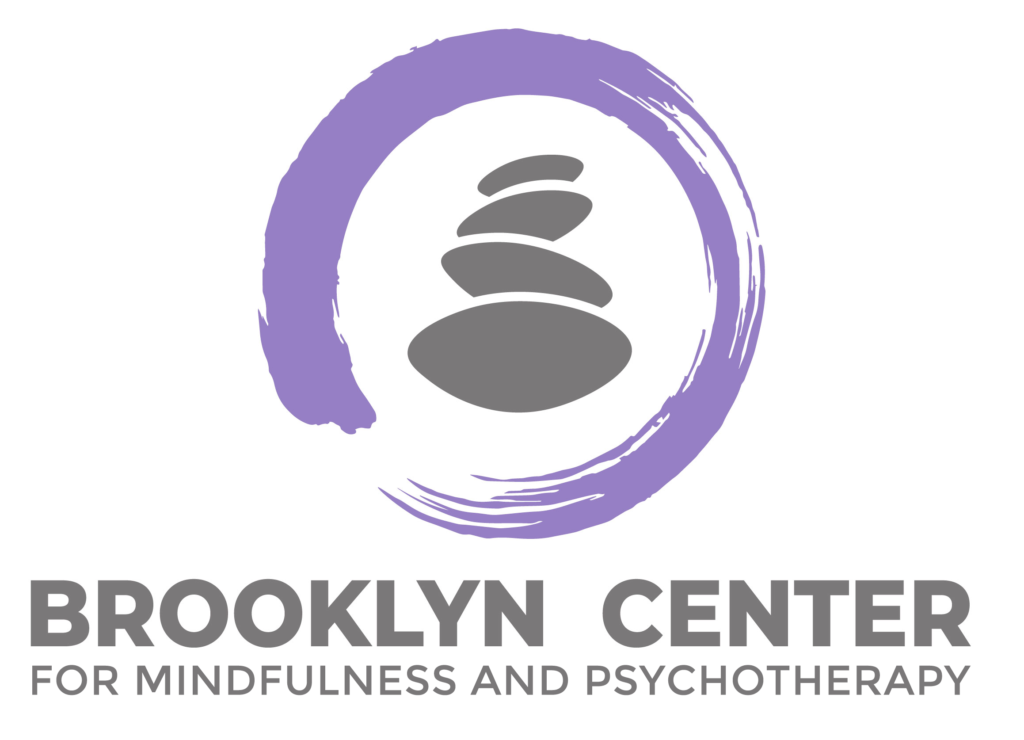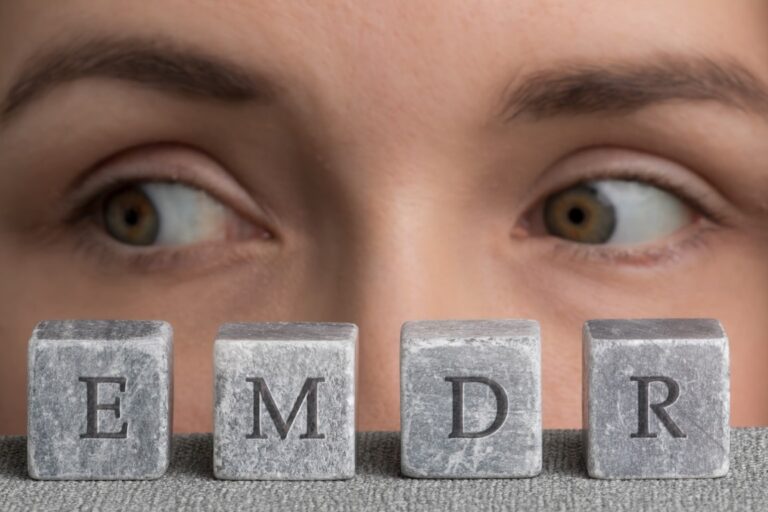Welcome to New York, the city that never sleeps. While the vibrant atmosphere and endless opportunities can be exhilarating, it’s essential to acknowledge that living in a bustling metropolis like this can also affect our mental health. This blog series will explore depression and share strategies to help you thrive in this challenging condition, empowering you to navigate everyday life with resilience, hope, and renewed strength. Whether you’re a native New Yorker or a newcomer to the city, join us as we delve into practical techniques and insightful advice to cultivate well-being amid the Big Apple’s fast-paced environment.
What is Depression?
Depression is a mental health disorder characterized by sadness, hopelessness, and a loss of interest in activities that were once enjoyed. It can impact a person’s daily life and make it difficult to carry out everyday tasks such as getting out of bed or going to work. Depression affects millions of people worldwide and is one of the leading causes of disability.
In New York, many resources are available for those struggling with depression. Mental health clinics, support groups, and therapists can provide individuals with the help they need to manage their symptoms and improve their overall well-being. It is essential for individuals who are experiencing depression symptoms to seek professional help to receive an accurate diagnosis and appropriate treatment plan. With the proper care and support, individuals with depression can lead fulfilling lives.

Types of Depression
In New York, as in any other location, the types of depression diagnosed and treated are generally consistent with the diagnostic categories recognized by mental health professionals worldwide. The Diagnostic and Statistical Manual of Mental Disorders (DSM-5) is the most commonly used diagnostic manual for mental health conditions, including depression. According to the DSM-5, the following are some types of depression that are commonly diagnosed:
- Major Depressive Disorder (MDD) is the most common form of depression. It is characterized by persistent sadness, hopelessness, and a loss of interest or pleasure in activities. MDD can interfere with daily functioning and may require treatment such as therapy and medication.
- Persistent Depressive Disorder (PDD): Previously known as dysthymia, PDD is a chronic form of depression. It involves a depressed mood that lasts for at least two years and additional depressive symptoms. PDD may cause significant distress and impairment in various areas of life.
- Postpartum Depression (PPD): This type of depression occurs after childbirth. Women experience intense sadness, anxiety, and exhaustion, often accompanied by difficulty bonding with their babies. PPD requires prompt attention and treatment.
- Seasonal Affective Disorder (SAD): SAD is a type of depression that occurs during specific seasons, typically during fall and winter when there is less natural sunlight. It is characterized by low mood, fatigue, and increased sleepiness. Light therapy and other treatments can be effective in managing SAD.
- Bipolar Disorder: While not solely a depressive disorder, bipolar disorder involves episodes of both depression and mania. The depressive episodes can resemble those seen in MDD, but they alternate with periods of elevated mood, increased energy, and impulsive behavior.
Signs and Symptoms
Depression is a mental health condition that can affect individuals differently. However, there are several common signs and symptoms associated with depression. These may include:
- Persistent sadness: Feeling down, empty, or experiencing a depressed mood most of the day, nearly every day.
- Loss of interest or pleasure: Losing interest or enjoyment in previously enjoyed activities, hobbies, or social interactions.
- Fatigue and lack of energy: Feeling tired, sluggish, or lacking energy, even after enough rest.
- Changes in appetite and weight: Significant changes in appetite lead to weight loss or weight gain. A failure or increase in need can accompany this.
- Sleep disturbances: Experiencing insomnia, difficulty falling or staying asleep (insomnia), or excessive sleeping (hypersomnia).
- Feelings of guilt or worthlessness: Persistent feelings of guilt, worthlessness, or excessive self-blame, often without logical reason.
- Difficulty concentrating: Trouble focusing, making decisions, or experiencing decreased cognitive abilities.
- Irritability or restlessness: Feeling agitated, irritable, or restless, which may result in an increased sensitivity to stimuli.
- Physical symptoms: Experiencing unexplained physical symptoms like headaches, stomachaches, or chronic pain that do not have a clear medical cause.
- Recurrent thoughts of death or suicide: Having persistent thoughts of death, dying, or suicidal ideation. It is essential to take these thoughts seriously and seek immediate help.
Suppose you or someone you know is experiencing these symptoms, which persist for an extended period (usually two weeks or more) and interfere with daily life. In that case, reaching out to a mental health professional or seeking support from a healthcare provider is essential. They can provide an accurate diagnosis and recommend appropriate treatment options.
Causes of Depression
Depression can have various causes, and the factors contributing to depression in New York may be similar to those in other locations. Here are some potential causes of depression that could apply to New York:
High-stress lifestyle: New York is known for its fast-paced, competitive environment. The demanding work culture, long working hours, and high stress can contribute to depression. The pressure to succeed, meet expectations, and keep up with the city’s pace can affect mental health.

- Social isolation: Despite being a bustling city, many people in New York can experience feelings of isolation. The large population and fast-paced lifestyle can make building meaningful connections and maintaining social support networks challenging. Loneliness and social isolation are risk factors for depression.
- Financial pressures: New York City is known for its high cost of living, and financial stress can be a significant factor in depression. The struggle to meet expenses, housing costs, and the constant need to secure well-paying jobs can contribute to feelings of anxiety, hopelessness, and depression.
- Seasonal affective disorder (SAD): New York experiences distinct seasons, with cold and dark winters. Seasonal affective disorder, a type of depression related to seasonal changes, can affect individuals during winter with less sunlight and outdoor activity.
- Substance abuse: Substance abuse issues, including alcohol and drug addiction, are prevalent in many areas, including New York. Substance abuse can be both a cause and a consequence of depression, creating a cycle that exacerbates both conditions.
- Lack of access to mental healthcare: Although New York has numerous mental health resources, including therapists, counselors, and support groups, access to mental healthcare can be a challenge for some individuals. Barriers such as high costs, limited insurance coverage, and long appointment wait times can prevent people from seeking the help they need.
Lifestyle Changes for Depression
Depression is a severe and common mental health condition affecting millions worldwide. For those living in New York, several lifestyle changes can be made to help manage symptoms of depression. One significant change is to incorporate regular exercise into your routine. The practice is an effective natural treatment for depression, as it releases endorphins which can improve mood and reduce feelings of anxiety.
Another lifestyle change that can help manage depression is to practice mindfulness meditation. This involves focusing on the present moment and accepting one’s thoughts and feelings without judgment. Mindfulness meditation has been shown to reduce symptoms of depression by helping individuals develop a more positive outlook on life and reducing negative self-talk. Other lifestyle changes that may be helpful include:
- I am getting enough sleep.
- I am eating a balanced diet.
- We are seeking support from friends or a mental health professional if needed.
By making these changes, individuals in New York with depression can take steps towards improving their overall well-being and quality of life.

Tips for Staying Motivated and Positive During Dark Times
Life can be challenging, and even the vibrant city of New York can seem engulfed in darkness. Whether dealing with personal setbacks, the weight of the world’s problems, or the occasional gloomy weather, staying motivated and positive can be a struggle. However, it’s crucial to remember that dark times don’t last forever, and there are several strategies you can employ to maintain your motivation and cultivate a positive mindset.
Explore two essential tips for staying motivated and positive during challenging times in the concrete jungle of New York.
Embrace self-care and mindfulness:
During difficult times, it’s crucial to prioritize self-care and practice mindfulness. Take time by engaging in activities that bring you joy and relaxation. Whether indulging in a favorite hobby, walking in Central Park, or treating yourself to a spa day, self-care can rejuvenate your spirit and help you maintain a positive mindset. Additionally, incorporating mindfulness practices such as meditation, deep breathing exercises, or journaling can provide clarity, reduce stress, and allow you to approach challenges with a fresh perspective. By nurturing your well-being, you’ll find the strength and resilience needed to navigate the darkness and emerge stronger than before.
Seek support and connect with others:
Dark times can feel isolating, but remember that you are not alone. Reach out to friends, family, or support groups in your community. Building connections and sharing your experiences with others can provide a sense of belonging and support, reminding you that there are people who care about your well-being. In New York City, you’ll find numerous online and offline resources and networks where you can connect with like-minded individuals facing similar challenges. Sharing your burdens and seeking advice from others can bring fresh insights and perspectives, helping you find renewed motivation and positivity in the face of adversity.
Conclusion
In conclusion, Brooklyn Mindful in New York offers invaluable strategies for thriving in the face of depression and navigating everyday life with resilience and mindfulness. Their comprehensive approach, combining therapy, meditation, and self-care practices, empowers individuals to confront and manage their depression head-on. By fostering a supportive community and providing personalized guidance, Brooklyn Mindful equips individuals with the tools to cultivate inner strength and find joy in their daily lives if you’re seeking effective strategies to overcome depression and embrace a more fulfilling life, reach out to Brooklyn Mindful and take the first step towards your journey of healing and growth.




